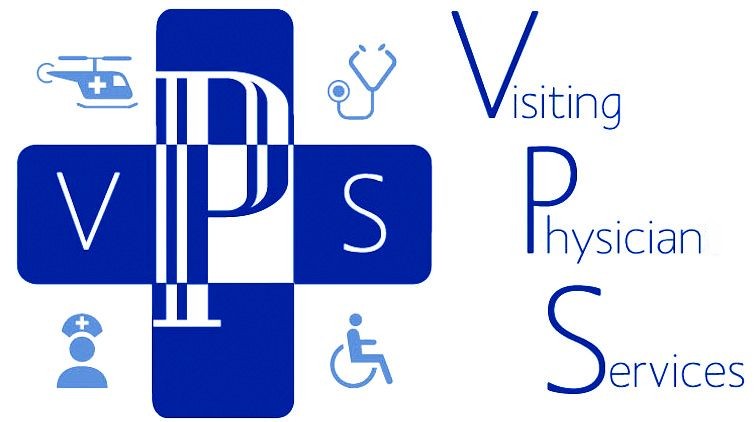Quality Data Reporting
Quality data reporting in healthcare involves the systematic collection, analysis, and reporting of data to assess and monitor the quality of healthcare services and outcomes. This process aims to improve patient care, enhance safety, and ensure that healthcare providers meet established standards. Here’s an overview of quality data reporting services:
- Patient Outcomes: Collect data on patient outcomes, including clinical measures, satisfaction, and experiences.
- Process Measures: Track adherence to evidence-based practices and protocols.
- Structural Measures: Assess the organizational and facility characteristics that may impact quality of care.
- Use statistical methods and analytical tools to identify trends, patterns, and variations in healthcare processes and outcomes.
- Analyze data to evaluate the effectiveness of interventions and identify areas for improvement.
- Develop and track key performance indicators (KPIs) and quality metrics relevant to specific healthcare services or conditions.
- Utilize established quality measures and benchmarks to assess performance.
- Compare performance data against external benchmarks, industry standards, and best practices to identify areas for improvement.
- Benchmarking helps healthcare providers understand how their performance compares to that of peer organizations.
- Ensure compliance with regulatory requirements and reporting standards set by healthcare accrediting bodies, government agencies, and industry organizations.
- Submit required reports to regulatory agencies within specified timeframes.
- Implement performance improvement initiatives based on the findings from data analysis.
- Collaborate with healthcare teams to develop and implement evidence-based practices to enhance care quality.
- Report adverse events and incidents related to patient safety.
- Analyze root causes of safety events and implement strategies to prevent their recurrence.
- Communicate quality data to internal stakeholders, including healthcare providers, administrators, and staff, fostering transparency and accountability.
- Share relevant information with external stakeholders, such as patients and regulatory agencies.
- Integrate quality data reporting systems with electronic health records (EHRs) to streamline data collection and reporting processes.
- Leverage technology to automate data extraction and reporting.
- Establish mechanisms for ongoing monitoring and continuous improvement in response to evolving healthcare practices and patient needs.
Quality data reporting is integral to the broader framework of healthcare quality improvement, ensuring that healthcare organizations deliver safe, effective, patient-centered, timely, efficient, and equitable care. It also contributes to transparency and accountability within the healthcare system.
Medical laboratory and specialists services
- Routine and medical care
- Excellence in Healthcare every
- Building a healthy environment.


